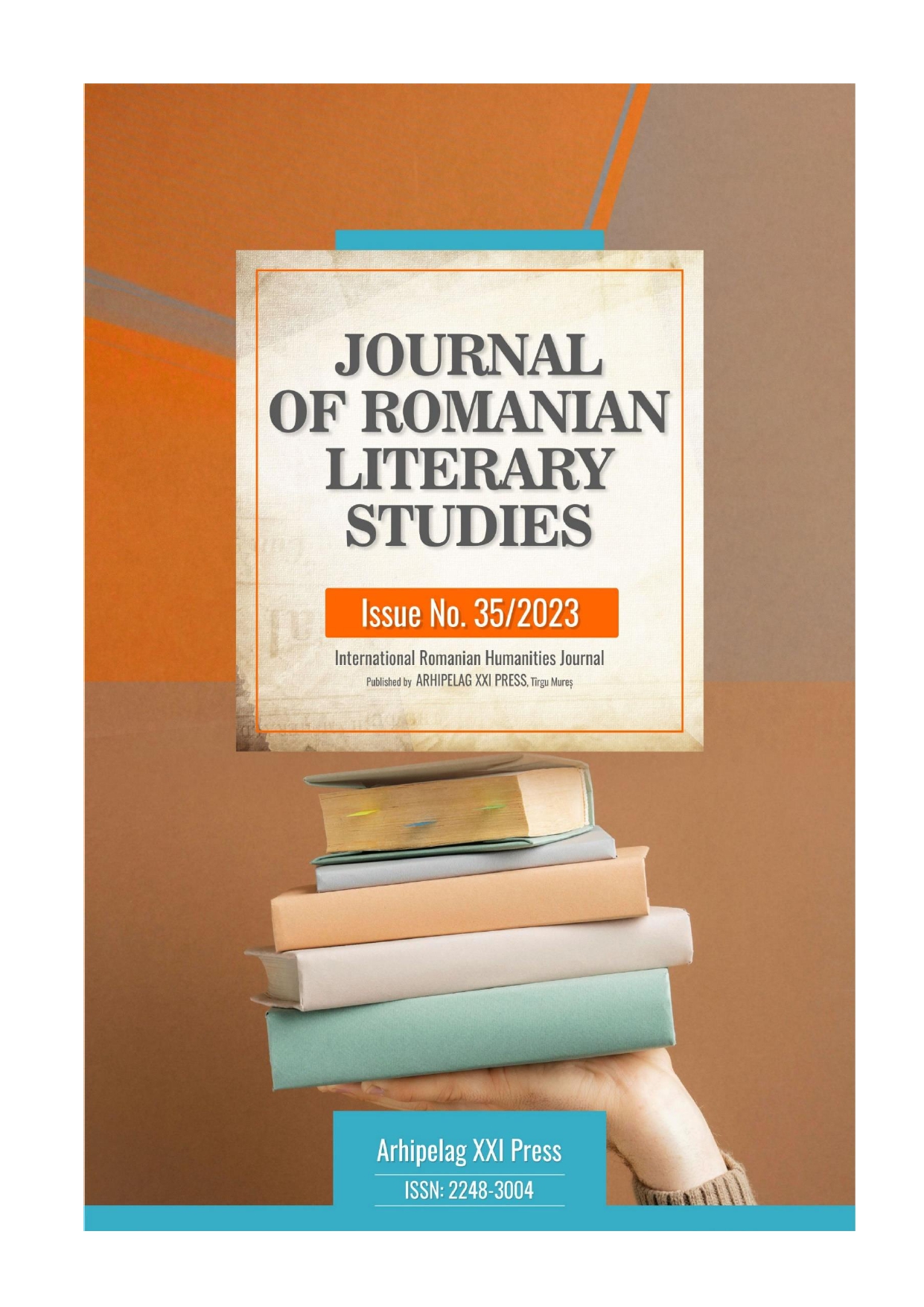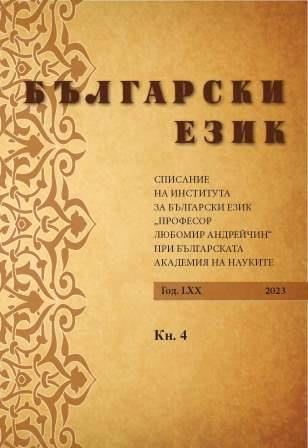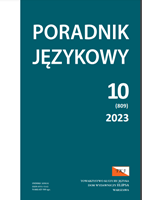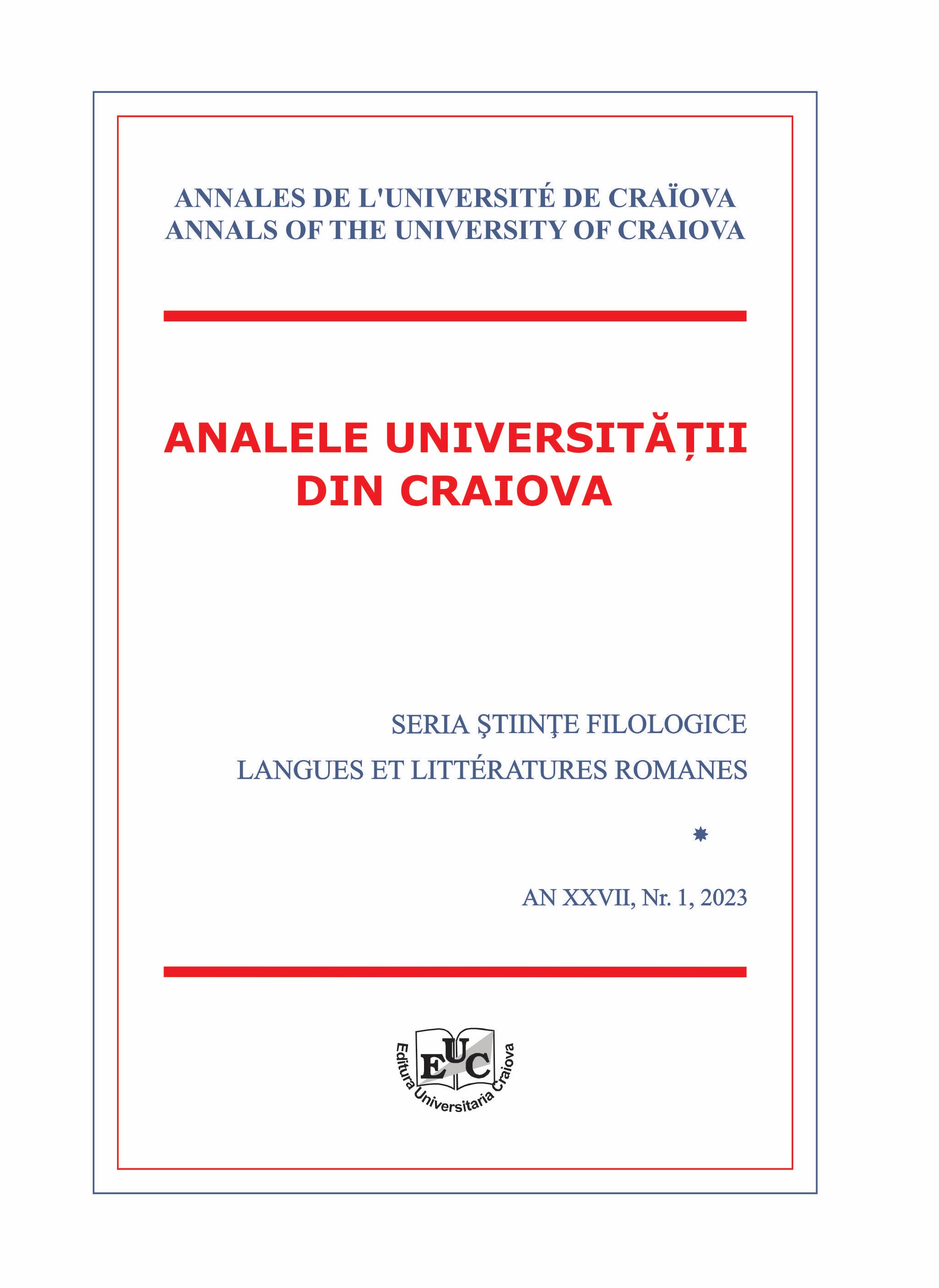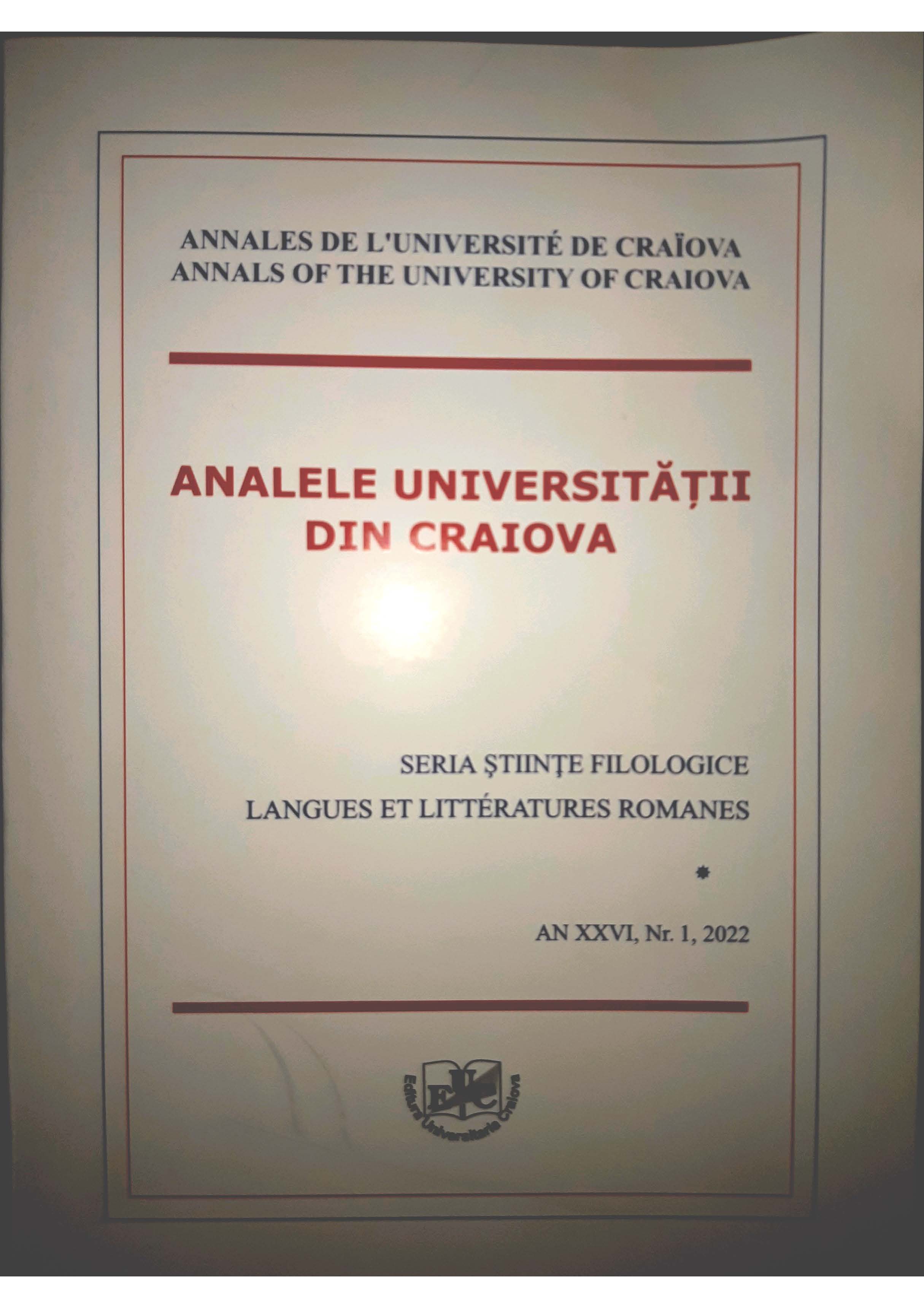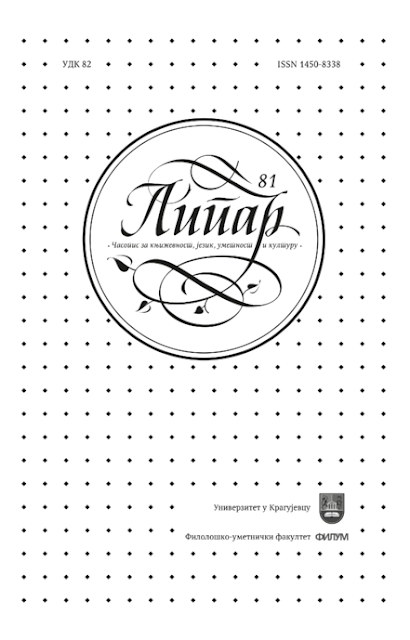Author(s): Patimat Magomedova / Language(s): English,Russian,Avaric,Arabic
Issue: 28/2023
The article is devoted to the consideration of some issues of an interdisciplinary field of knowledge that has emerged relatively recently at the junction of theology and linguistics – theolinguistics. The relevance of the research is determined by the demand for new interdisciplinary scientific developments explaining the mechanisms of explication of religious concepts in linguoculture, representing a comparative picture of the integration of linguistic conceptual and theocentric aspects of the description of different structured languages. The main purpose of the article is to present the experience of reconstructing the religious (Islamic) concept as a value-cognitive and ideological constant on the example of the concept of Haram/ХIарам in Russian and Avar linguistic cultures. At the same time, structural and substantive similarities and differences in the reflection and consolidation of certain religious content in languages are established, which makes it possible to build an adequate invariant model of the concept under study in the context of comparative theolinguistics. Similarities and differences may depend, first of all, on the specifics of a person's religious-linguistic consciousness, his perception of the world; secondly, they may be due to the discourse in which the concept is explicated, and therefore objectification takes place in different pictures of the world (religious, everyday (naive), etc.), cognitive-semantic, communicative-pragmatic and sociolinguistic mechanisms of realization of theological thought and modeling of religious communication in Russian-speaking Islamic discourse. Based on the assertion that common basic religious concepts are found in the national languages of different ethnic groups professing the same confession, it can be suggested that representatives of different ethnic groups find unity in spiritual terms, common in mentality, worldview and world perception; they are united by a single religious language, a single faith and love for a single God. The similarities in the compared linguistic cultures are represented by the conceptual component of the concept of Haram, the differences are determined by the value component and the scale of the semantics of the representative lexemes. The concept frame Haram is a concept with a multilevel structure, which creates, firstly, difficulties in reconstructing the concept, calculating the model of the concept under study, and secondly, difficulties in adequately translating it from Arabic into Russian and Avar languages. The interpretation of religious concepts seems to be a complex and ambiguous process, involving the complex application of linguosemiotic, linguoculturological and theoconceptual approaches in the study of linguistic phenomena.
More...


